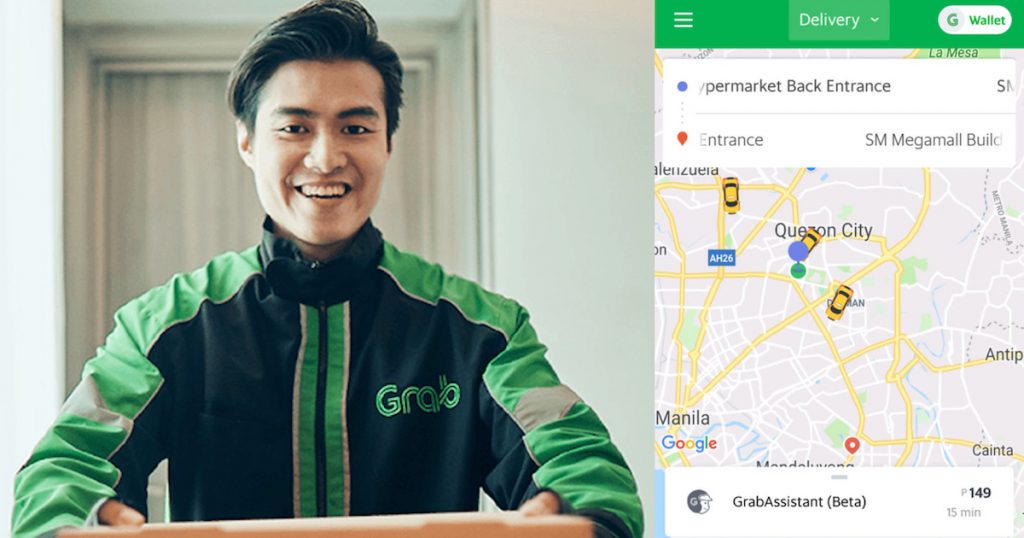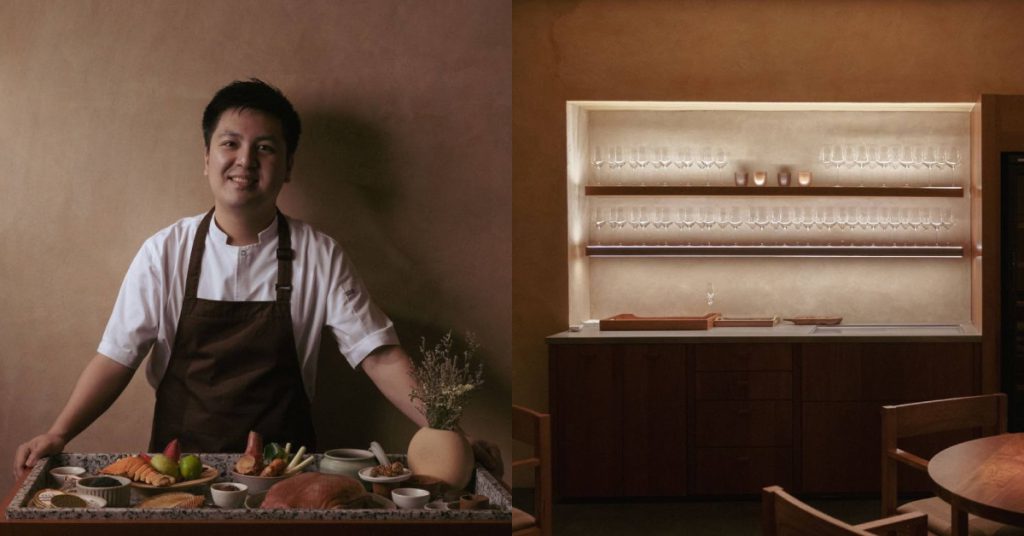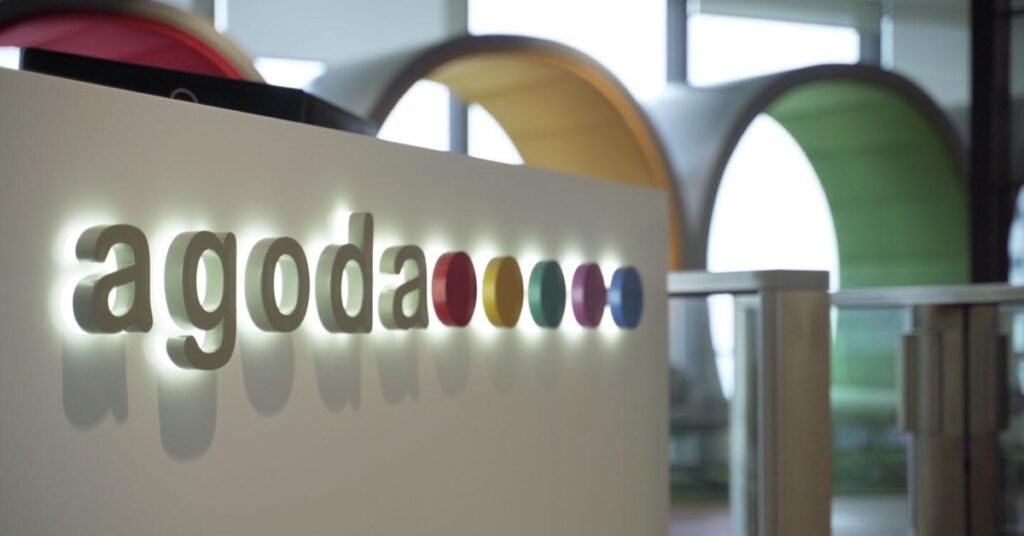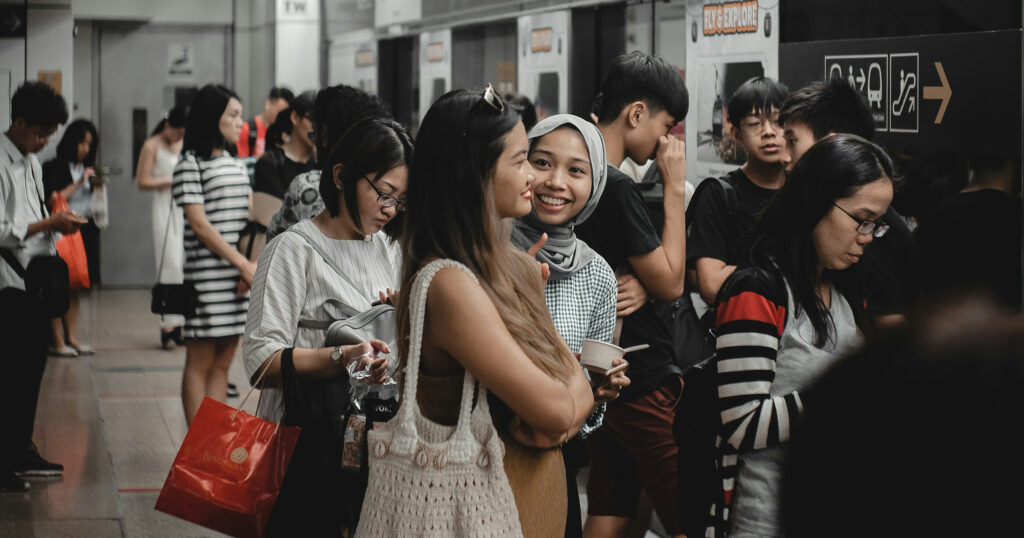Last month, Grab announced that it is launching a GrabAssistant feature in the Philippines, but it is still in its beta phase right now.
To cater to the busy lifestyles of Filipinos, this new service lets customers request for Grab drivers or riders to help buy items (Pabili) or queue (Papila) on their behalf.

From buying groceries at a supermarket when you’re too busy/lazy, to helping you buy medicines at a pharmacy when you’re too sickly to head out, Grab apparently has got you covered.
Booking A GrabAssistant
Booking a GrabAssistant is pretty straightforward – the booking process is similar to booking GrabExpress or GrabFood.

Simply input a pick-up and drop-off point, and you can then discuss the task details with your driver via SMS, call, or GrabChat.
The introductory pricing starts at Php 99 (US$1.86), but fares may increase for longer distances.
The price shown on the app only covers the delivery fee, but customers are expected to bear additional expenses such as the cost of purchase, parking fees incurred, and any relevant processing fees.
According to Grab, the total price for the purchase items is capped at Php 1,000 (US$18.75) and they should not exceed the standard GrabExpress dimension of 25 x 32 x 12cm.
It’s also important to note that all items should be purchased from a single store.
This means that you cannot ask the driver to go to a mall and run a whole list of errands from you, expecting them to visit multiple stores.
Customers can book for this service anytime during the store’s operating hours, which is typically from 9am to 10pm.
Additionally, customers can only pay for this service via cash. GrabPay is not yet introduced in this feature.
Currently, GrabAssistant is available only in the whole of Metro Manila, but Grab said that the service may be more reliable in central business districts such as Makati, BGC or Ortigas.
GrabAssistant Vs Go-Jek’s Go-Mart
Following the launch of this new feature, it is clear that Grab is stepping up its game to be more ‘holistic’ like Go-Jek, which is set to enter the Philippines market in September.

Go-Jek apparently has the same personal shopping feature called Go-Mart – an instant shopping service for groceries – which was launched in Indonesia back in 2015.
Go-Jek promises to deliver the grocery purchases within an hour at a flat rate of Rp 4,000 (US$0.28) with payment via GO-PAY, which is significantly cheaper than GrabAssistant’s rate.
Despite this, Grab still earns an advantage since Go-Jek has yet to enter the Philippines turf.
Right now, Grab is playing to its geographic advantage and making a mark in Manila before Go-Jek arrives later this year.
Ultimately, as Grab often points out, it is no longer just a ride-hailing company anymore and aims to be an “everyday app for consumers”.
But Go-Jek is arguably a step or two ahead, for it’s already an established player in providing various services from ride-hailing, food and parcel delivery, and even on-demand cleaning and massages.
As such, it’s tough to say how Grab will match up to its rival Go-Jek when the time comes unless it diversifies further.
Featured Image Credit: Grab / YugaTech
Also Read: From Deliveries To Cleaning, This App Will Run Your Errands For You At Only Php49/Half Hour












